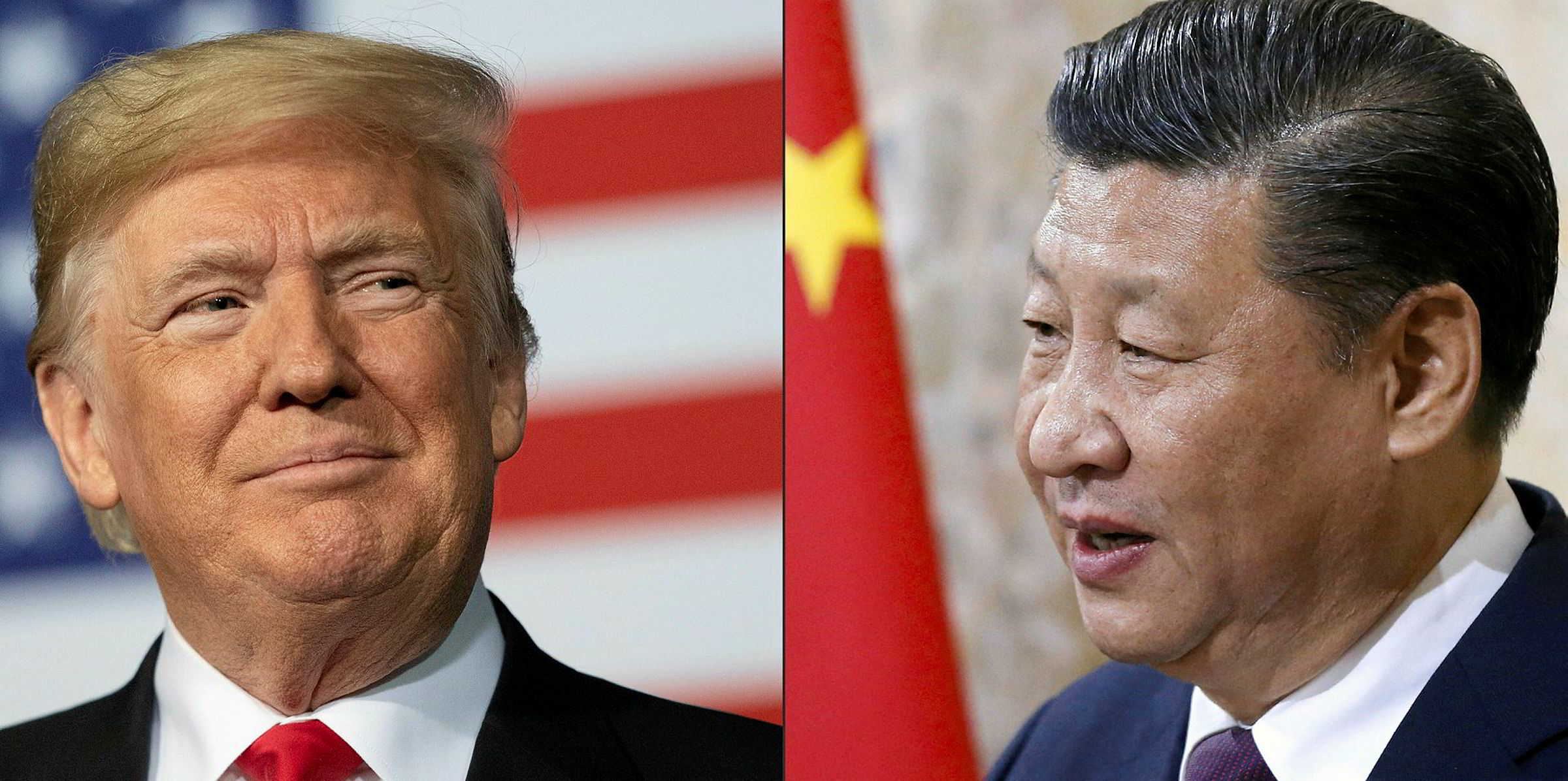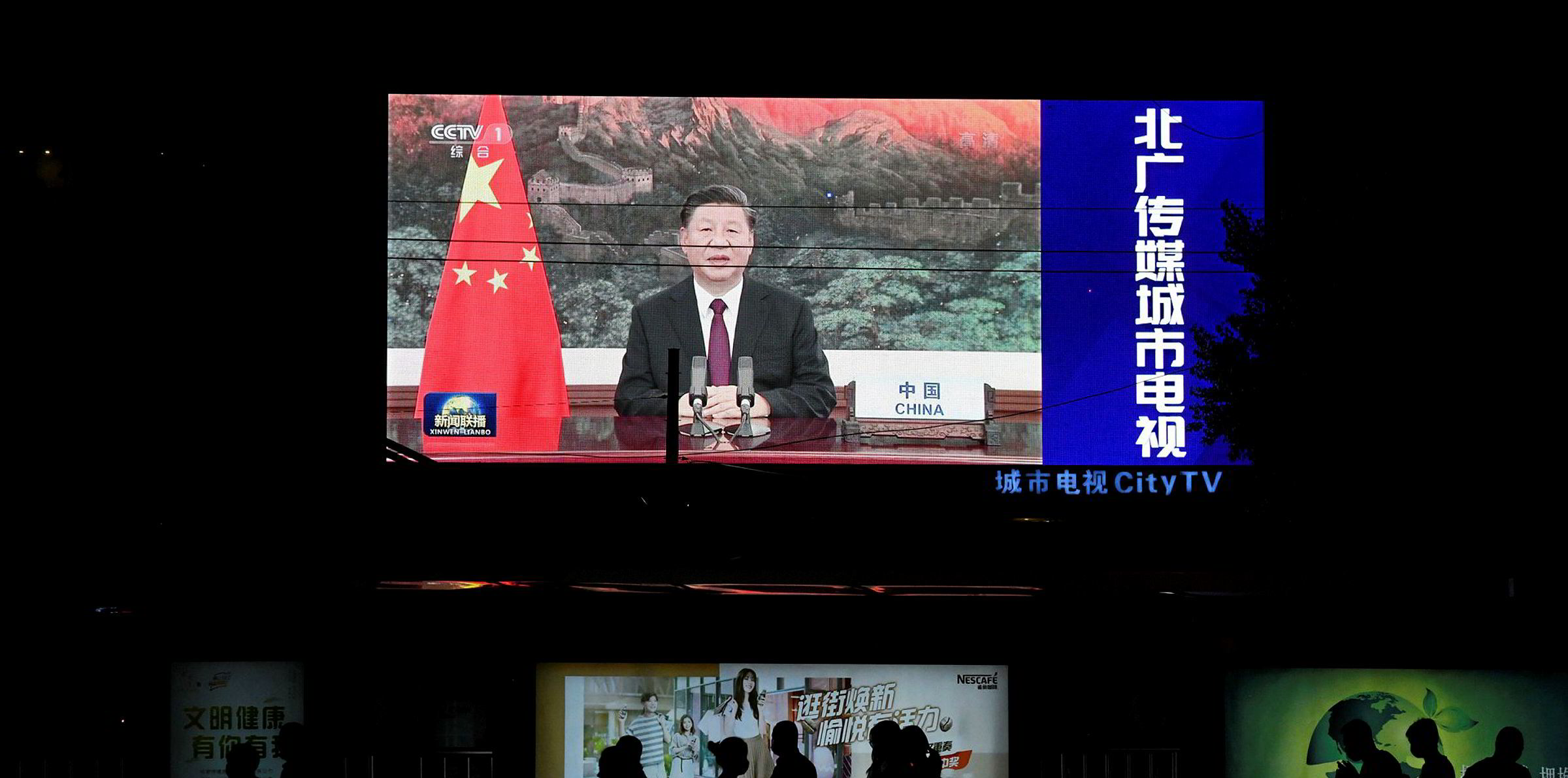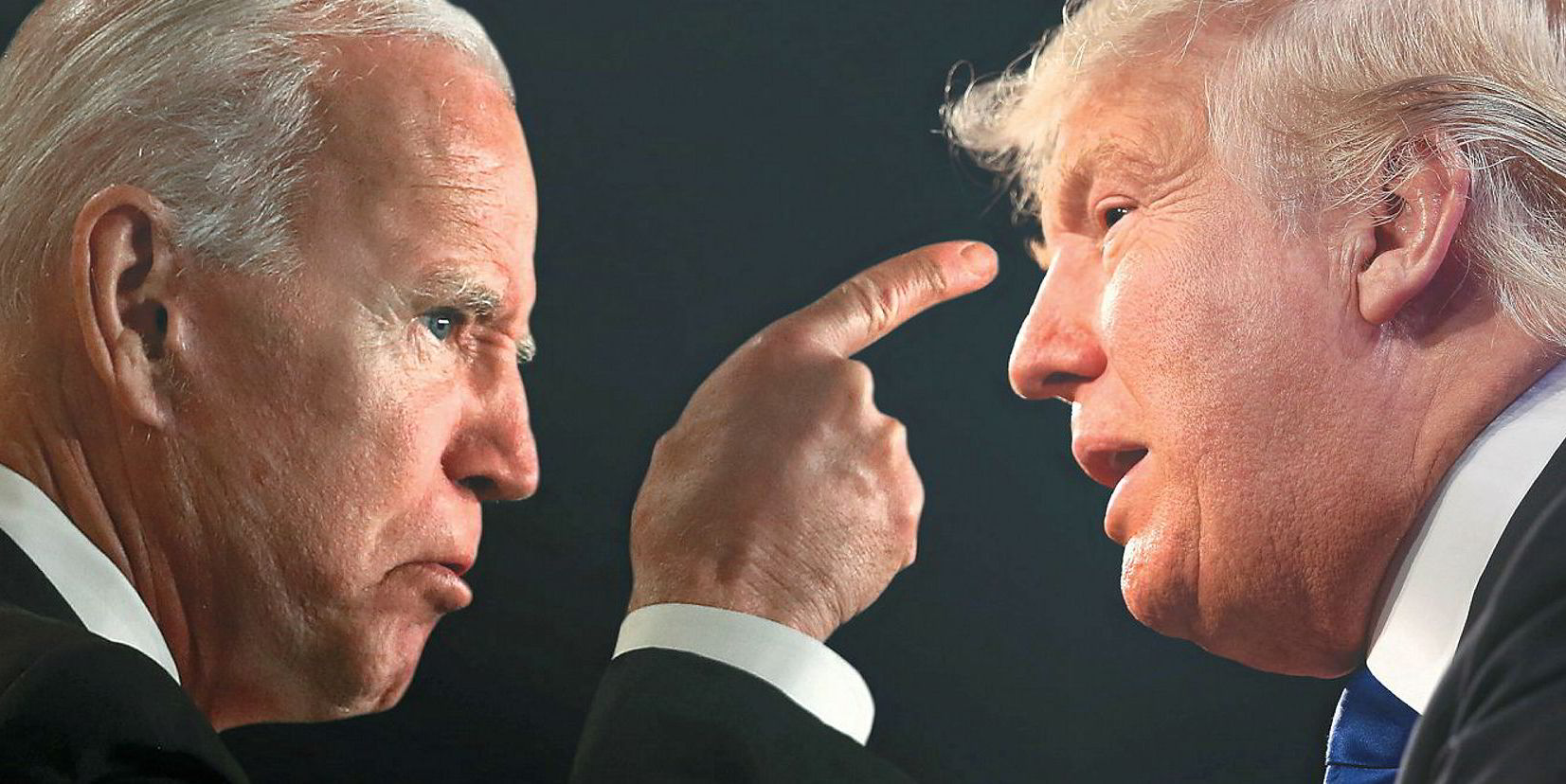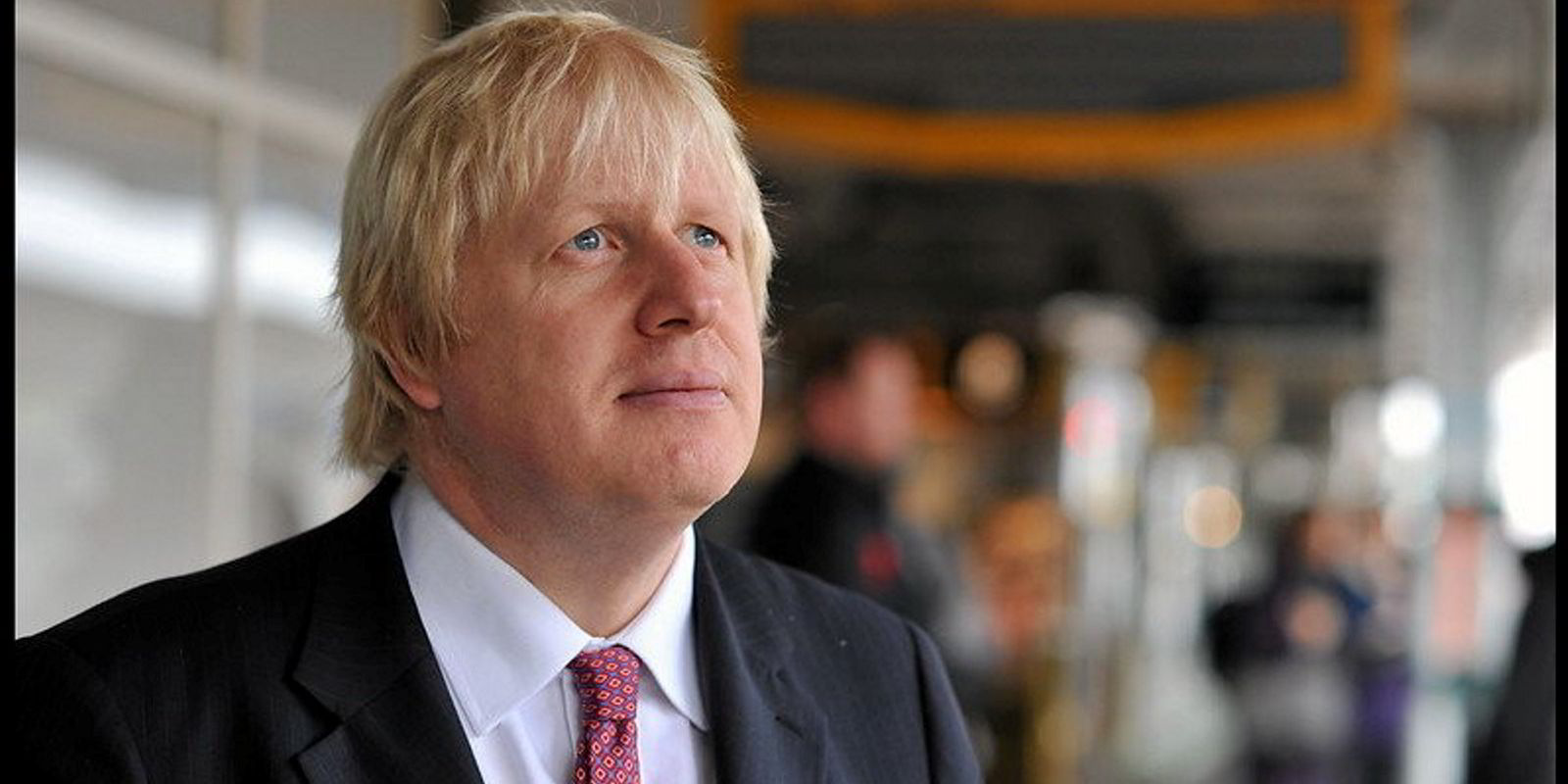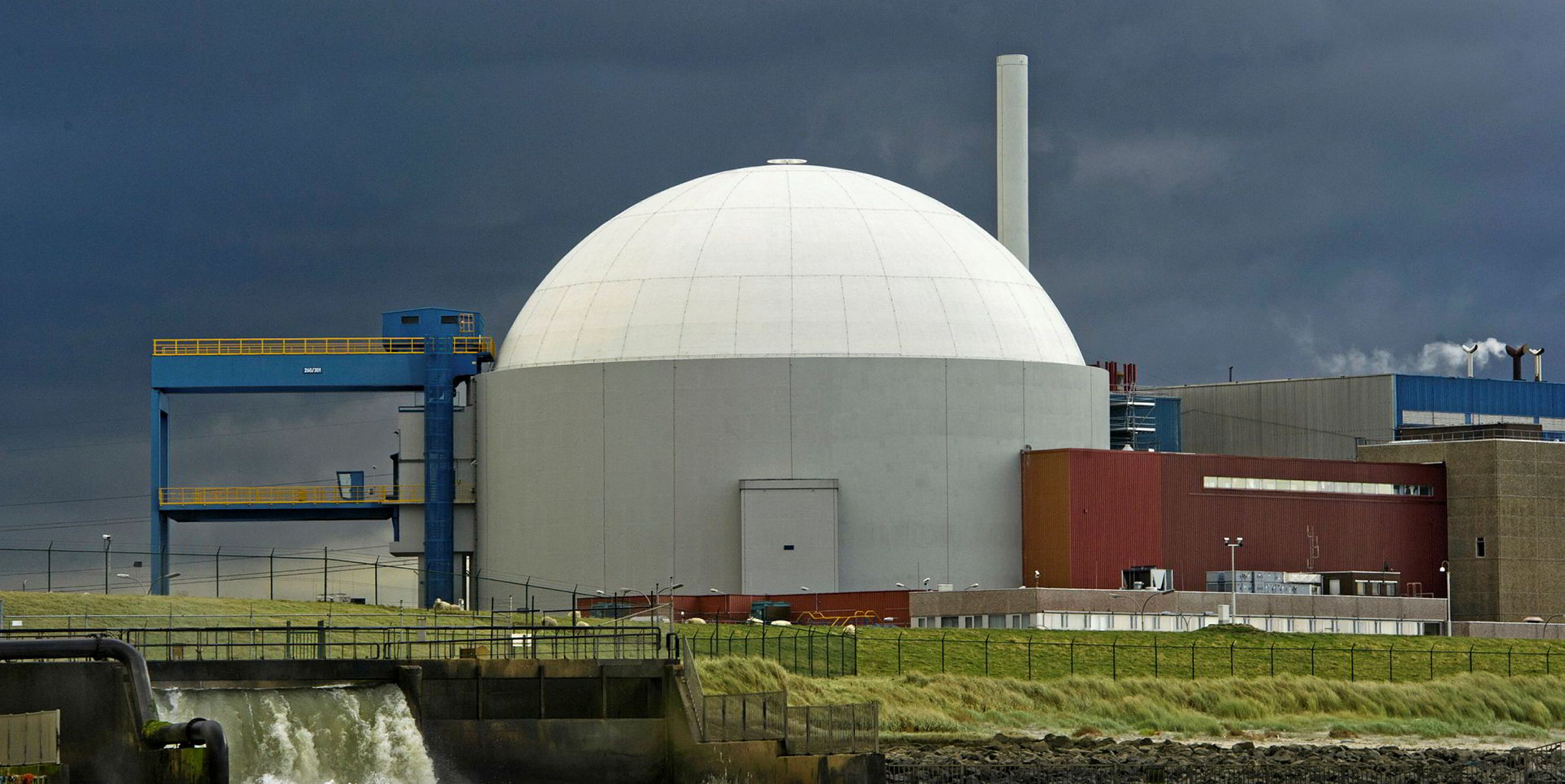As Covid-19 continues to dominate political and economic agendas, Recharge carried a sobering reminder of the other emergency facing our world leaders – and some timely insights into how they may respond.
The latest Energy Transition Outlook from Wood Mackenzie puts at $25 trillion over 20 years the cost of investment in carbon-cutting technologies – and follows with the sting in the tail that even that won’t be enough to avoid damaging global warming without drastic measure to replace heavy-emitting industrial plant.
Such epic challenges require action from the very top, and there was a cautious welcome for an announcement from China’s leader Xi Jinping that the world’s biggest polluter would aim to be carbon net-neutral by 2060.
Although lacking in detail, Xi’s pledge is likely to add further momentum to China’s world-leading renewable energy growth, and Recharge revealed how key power sector players are already planning how the nation can reach a terawatt or more of wind and solar in just five years.
So to that other economic superpower, the US, where Recharge set out just how stark is the contrast between the two contenders in the upcoming Presidential election – Donald Trump, who views the climate emergency as a non-issue, and Joe Biden, who has pledged to rejoin the Paris Agreement withing 24 hours of taking office.
Meanwhile, while by no means a superpower (expect possibly in political black comedy and offshore wind), the UK still has plenty to say about the energy transition, especially in its role as notional host of next year’s COP 26 climate summit.
Prime Minister Boris Johnson told a UN roundtable that Britain would make a ‘big bet’ on hydrogen as part of its drive to net-zero, only to be reminded by a leading UK renewables body that his government has yet to come up with a strategy for the key energy transition fuel.
Nuclear power, that most controversial piece of the energy transition jigsaw puzzle, was back in the headlines this week in a thoroughly left-field fashion.
Recharge reported how the Dutch energy minister is preparing to launch a consultation on the prospect of new nuclear plants in the Netherlands, after perusing a report that claims they can be more cost-effective (contentious) and safer (downright bizarre) than wind or solar projects.
This was the latest in what is becoming a regular reappearance of nuclear on the energy transition agenda, including recent endorsements of the technology’s potential by the likes of Google and an apparent determination by the French to find a role for its atomic fleet in the future hydrogen economy.
Before they do anything they might regret, the Dutch may want to ask the authors of a report that claims nuclear has drained Germany of €1trn ($1.18trn) over its soon-to-end dalliance with the industry.
The world’s oil giants are rarely out of the energy transition headlines, and this week it was the turn of Total, the French supermajor, to cause the biggest splash with news that it will buy 6TWh of solar power to supply green electricity to its entire European operation.
Elsewhere peer Shell forged a renewable power supply pact with Microsoft, while a less familiar name got in on the act when Recharge revealed how China’s CNOOC has widened its offshore wind footprint and added green hydrogen to its corporate agenda.
However, in a reality check for the world’s oil giants, Recharge Editor-in-Chief Darius Snieckus challenged them to rapidly decide that the fate of the planet is more important than any vestiges of their former fossil-led business models, then act – and invest – accordingly.
